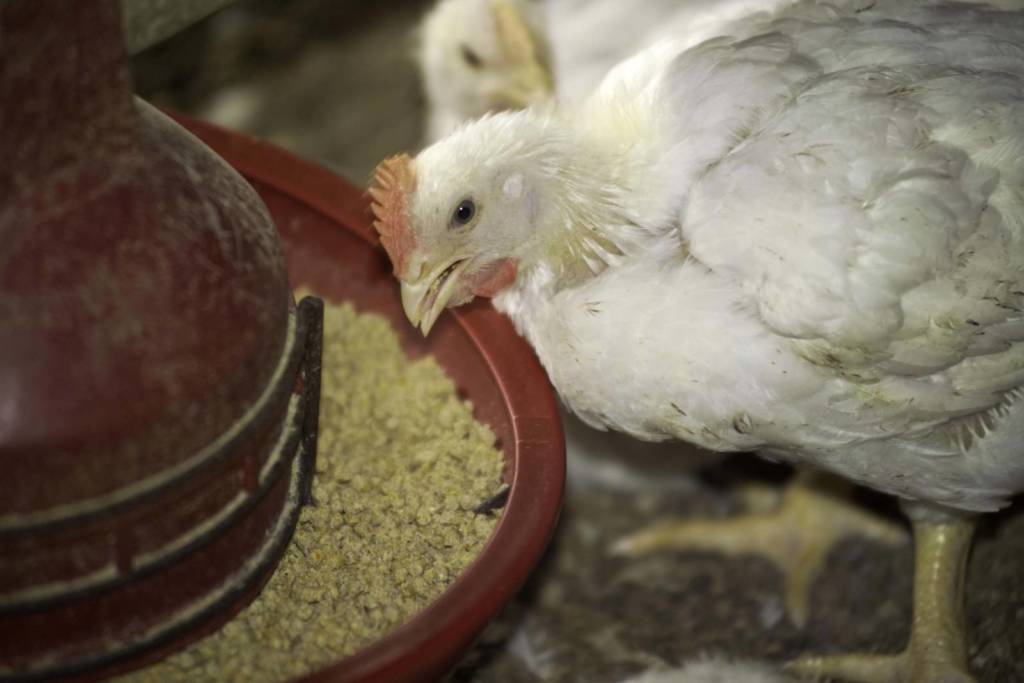USSEC Contributes To Help Control The Spread Of Avian Influenza In The Dominican Republic
- Category:
- Animal Utilization
- General News

USSEC has been tracking an outbreak of avian influenza (H5N2) and interacting with government officials, industry experts, and global pathogenic agencies to help keep the deadly virus contained.
The outbreak was first detected in the Espaillat Province of the Dominican Republic on January 16, where approximately 60 percent of the country’s table eggs are produced. One week later, the Dominican government reported the outbreak to the World Organization for Animal Health (OIE). According to government statistics, over a million birds were believed to be infected by late February.
“One of the main challenges in spreading the control of the disease was producers were reluctant to come forward and report outbreaks,” says Kevin Roepke, USSEC Regional Director – Americas. “Table egg and broiler producers were afraid to report the outbreaks, fearing that the government would come in and destroy their birds without compensation, exacerbating the problem.” During a recent visit to the Dominican Republic back in March, Mr. Roepke reported many companies were reluctant to meet, out of an abundance of caution.
The Dominican government then assembled a team of experts to help advise the national strategy on containment—their options: national vaccinations or depopulation. On March 6, USSEC participated in a roundtable consisting of industry experts where a national vaccination scheme was discussed and its execution was detailed. The team also coordinated with the Center for Veterinary Biologics in Ames, Iowa to determine the best course of action and discuss the ramp-up of vaccine production. It was estimated that more than 450 million vaccines would be needed for the first year of vaccination alone. While this process will take time, the government is hoping that the virus does not mutate into the highly pathogenic variety.
On April 22, Dr. Edgar Bailey of Guatemala was hired by the Dominican Poultry Producers Association (ADA) to conduct an update on the outbreak. According to his analysis, of the 2000 samples he collected, 98 percent of them were negative. Serafin Taveras, a major producer, whose operation was one of the first affected, indicated they are back to normal and no more cases of AI have been detected on his farms. The government has not made any formal decision to commence the national vaccination program.
USSEC is working with poultry producers and government officials to establish more transparent protocols for reporting biosecurity risks and also working with farm managers to better follow and prescribe disease prevention measures. In the meantime, USSEC is closely monitoring the situation and providing input as necessary to determine the best course of action for the development of the Dominican poultry industry.